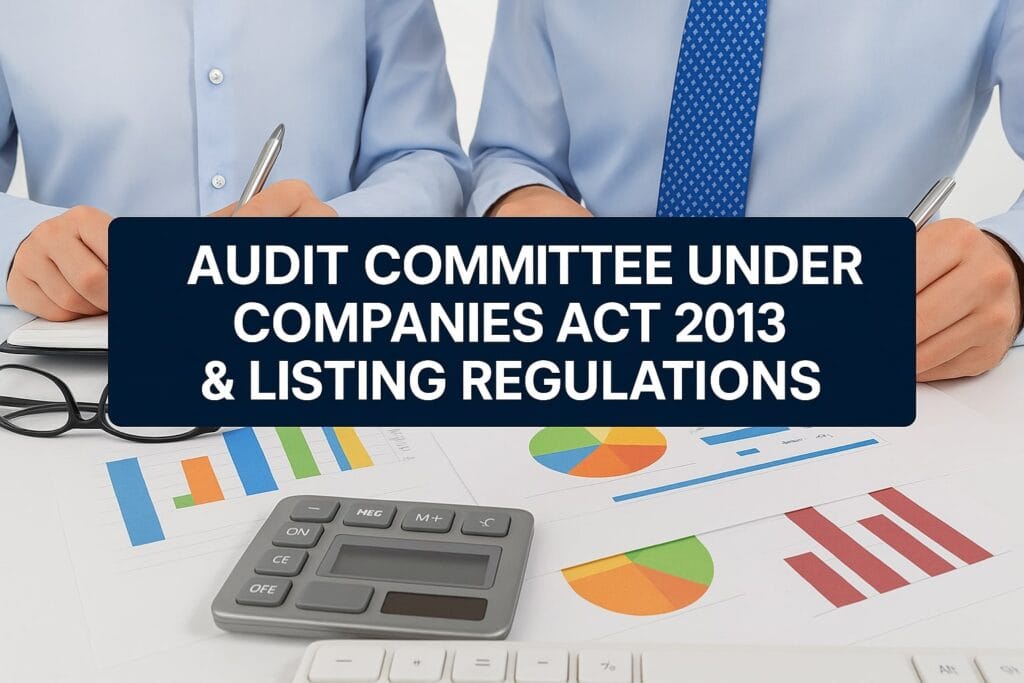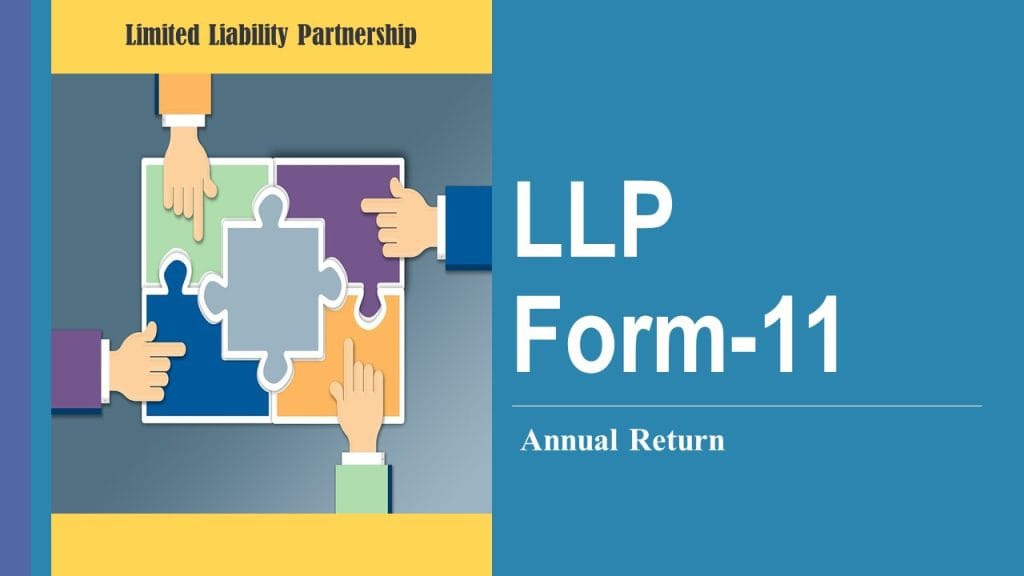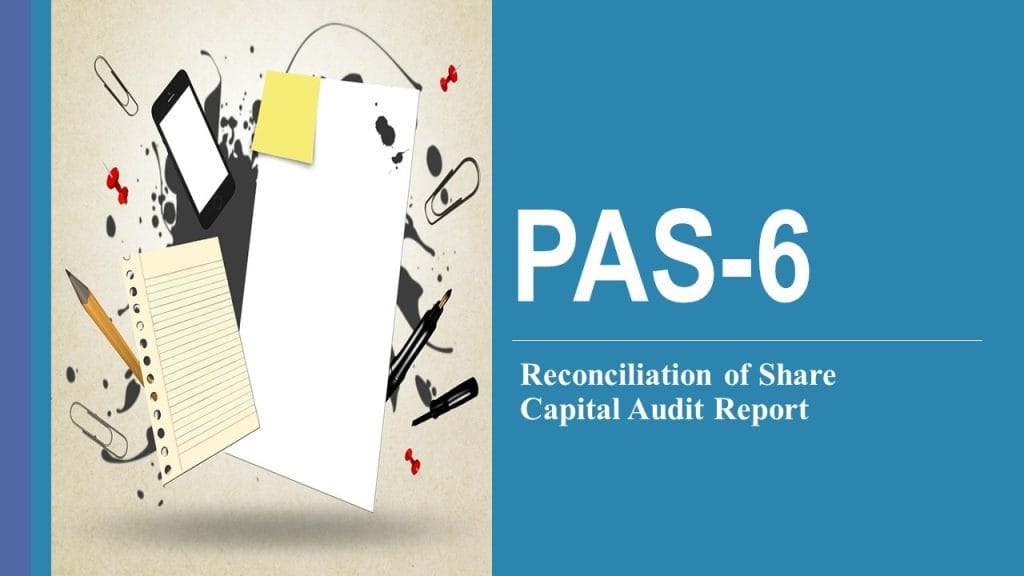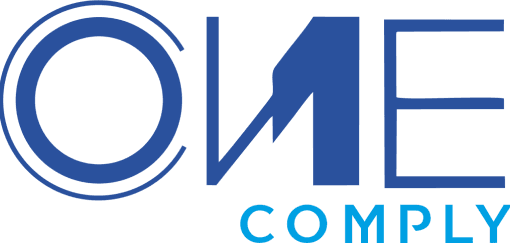Audit Committee under Companies Act 2013 & Listing Regulations

Audit Committee is required to be constituted under Section 177 of the Companies Act, 2013 read with Rule 6 of the Companies (Meetings of Board and its Powers) Rules of 2014 as well as SEBI (LODR) 2015. An audit committee is a governing body responsible for overseeing financial reporting and ensuring compliance with statutory audit requirements. Its primary duties include promoting accountability, ensuring adherence to regulatory standards, and facilitating transparent financial disclosures.
ADT-1: Information to Registrar for appointment of Auditor

Under Section 139 of the Companies Act, 2013, it is mandatory for a company to notify RoC regarding the appointment of an auditor.
ADT-3 (Notice of resignation by the Auditor)

The auditor appointed may resign at any time due to any reason before the expiry of his term of office. In doing so he has to follow the provisions as laid in the Act.
Removal of Statutory Auditor through ADT-2

The auditor can be removed from his office before the expiry of his term only by passing a special resolution and after obtaining prior approval of Central Govt.
LLP Form 8 and Maintenance of Books of A/c

Every LLP should maintain proper books of a/c relating to its affairs each year and prepare a Statement of A/c and Solvency for the FY as at the last day of the F.Y. in Form 8
LLP Form 11

Every limited liability partnership shall file an annual return within sixty days of closure of its financial year, along with all the documents which are required to be or attached to such annual return, duly authenticated with the Registrar in LLP Form No. 11
PAS-6 : Reconciliation of Share Capital Audit Report

Every unlisted public company is required to submit a half-yearly Reconciliation of Share Capital Audit Report in PAS-6 within 60 days from the conclusion of each half year
NDH-3

Every Nidhi Company is required to furnish half yearly return to the Registrar in ndh-3 within 30 days of the conclusion of each half year
MSME-1

The Order states that all Companies who get supplies of goods or services from MSME and whose payment exceeds 45 days from the date of acceptance of goods/deemed acceptance should submit a half yearly return to MCA in MSME-1
Is E-Waste a necessary part of ESG Compliance??

Proper management and disposal of e-waste is an important aspect of ESG compliance as it helps businesses maintain sustainable practices, minimize their environmental impact, and comply with regulations.
